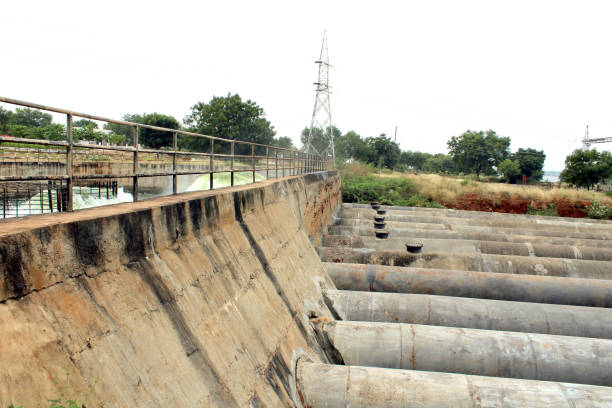
The electricity rate in Karnataka is now Rs 2.89/unit higher! This is one of the most significant increases introduced by the State.
Why not switch to solar energy instead of worrying about your ever-increasing electricity bills? This intelligent decision will reduce your carbon footprint and help you save up to 80% on your monthly electric bills.
Karnataka is one of the best states to harness the power of the Sun!
According to the State Rooftop Solar Attractiveness Index (SARAL), issued by the Ministry of New and Renewable Energy(MNRE), Karnataka is the leading State for setting up rooftop solar projects.
The State Government has implemented policies encouraging consumers of all segments to generate solar energy on their roofs.
Solar Energy Generation in Karnataka
The solar potential in Karnataka exceeds 25 GW. The State has an average of 240 to 300 sunny days with 5 to 6 kWh/m2/day of solar radiation. The total installed solar capacity in the State is around 8 GW.
Karnataka is ranked 3rd among the top solar-powered Indian states.
The Pavagada Solar Park in the Tumakuru District of Karnataka, India, is the second-largest solar power plant. It was previously the world’s biggest, with a production capability of 2,050MW.
The state government is also developing three other ultra-mega projects with capacities of 2,560 MW each in the districts of Bidar and Koppal.
Solar power in Karnataka has a bright future.
Karnataka RE Policy 2022-27
Karnataka’s government has made the development of renewable energy a priority. The ambitious RE policy that the State has launched is a testimony to this commitment.
The state government approved Karnataka Renewable Energy Policy 2022-27 in March 2022. The policy sets a goal of 1000MW grid-connected rooftop projects for solar energy by 2027.
Other vital targets of the policy include
Increase the number of rooftop grid-connected installations on public and private buildings
Raising floating solar over existing dams
Install a ground-mounted or rooftop solar plant to charge EVs
Solarizing agricultural pumps, feeders, and other equipment will help to create an ecosystem for distributed solar.
Promote hybrid wind-solar installations
The state government has taken measures under the new policy to achieve these goals.
Allow RE developers to sell their generated energy within and outside the State.
The process of acquiring land for RE projects can be made easier
Net or gross metering can promote rooftop installations on residential, commercial, and industrial buildings.
Promote peer-to-peer trading between grid-connected parties.
Allocate water bodies for floating solar projects on a long-term lease/rental basis.
The state cabinet will also help 10 000 farmers to build solar energy systems via the PM KUSUM Yojana Category-B.
Solar Subsidy In Karnataka
The union ministry will launch a uniform Central Financial Assistance Scheme (CFA) in 2022.
The Karnataka Government does not offer a separate subsidy. However, residential consumers who install grid-connected solar rooftop systems can get CFA via the national portal. Details of the support include:
Business Opportunities in Karnataka
Many businesses have invested in the solar sector of Karnataka over the past few years. The e-commerce giant Amazon recently announced plans to build a hybrid wind-solar project in Karnataka. Tata Power Renewable Energy also invests over Rs3000 Crores in developing solar projects.
Many organizations, including these two, have invested or announced plans to invest in Karnataka’s RE industry. This is why the State has attracted investors to the clean energy sector.
To encourage the development of clean energy, for example, the State offers incentives like investment subsidies and up to 100% exemption from stamp duty.
Karnataka offers up to 2.5% of the turnover for larger companies investing in clean energy.
There are also some financial incentives for consumers with solar systems with a capacity of 1MW. They include 40% depreciation and a ten-year tax holiday.
The State is also promoting more open-access solar systems. According to a recent report, Karnataka was the State with the most open-access solar installations during the first half of 2022. The government gives priority to open-access green projects over open-access traditional projects.
